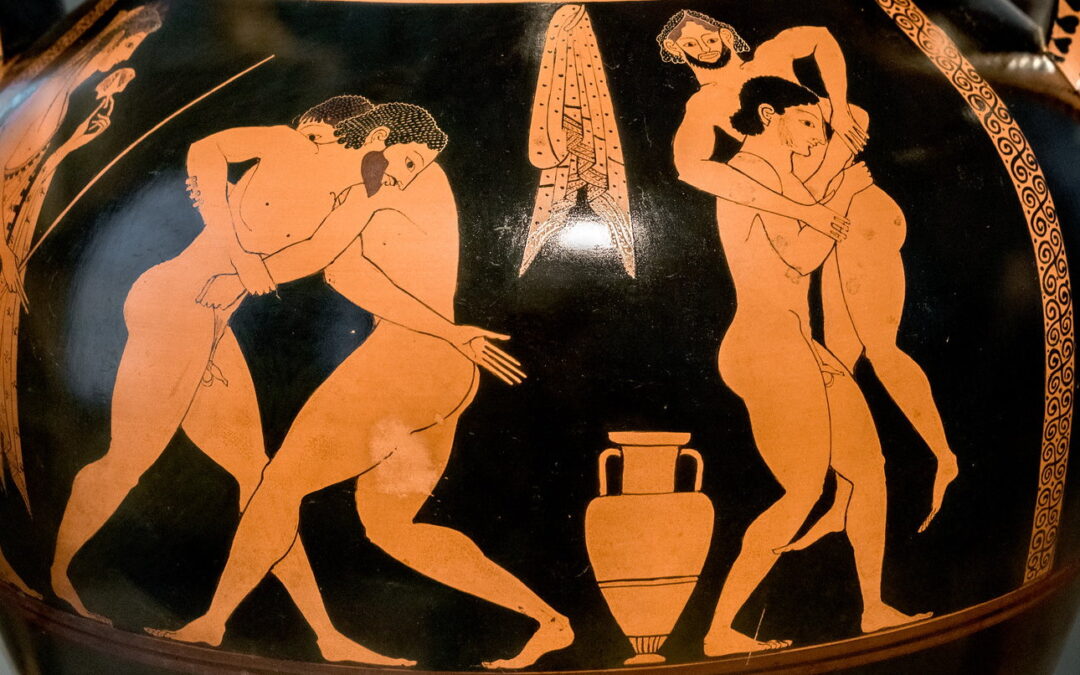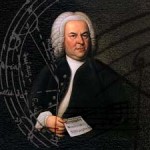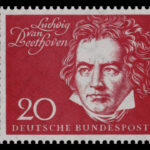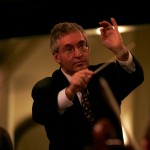Satie was a musical iconoclast who sought to lead French music from Impressionism to a more minimalist, experimental approach. Among those influenced by him during his lifetime were Maurice Ravel and Francis Poulenc, and he is seen as an influence on a number of modern artists, including John Cage, Philip Glass, and Brian Eno.
His formal musical training began in 1879, when at age 12 he was enrolled in the preparatory piano class at the Paris Conservatoire. However, he strongly disliked it, and a few years later was expelled for unsatisfactory performance. Rejecting his restrictive, traditional upbringing, he embraced an eccentric, bohemian lifestyle and earned a living as a cabaret pianist, adapting more than a hundred compositions of popular music for piano, or piano and voice.
He became involved in avant-garde music and art circles in the early 20th century, becoming a friend and collaborator of many famous artists and writers, including Pablo Picasso, Jean Cocteau, and James Joyce. He composed music for Cocteau’s play “Parade,” which featured set and costume designs by Picasso. His close friend, Claude Debussy, was a kindred spirit in his experimental approach to composition. Both were bohemians, enjoying the same café society and struggling to survive financially. Satie composed most of his works for solo piano, including two “Gymnopédies” in 1888 (plus another in 1895), and “Gnossiennes” in 1889.
In 1897 Debussy arranged two of the Gymnopédies for orchestra (the ones we are performing today). “Gymnopédie” may refer to a classical Greek annual festival where young men danced naked – or perhaps simply unarmed. The source of the title has been a subject of debate. The Gymnopédies are characterized by slow tempos, simple melodic lines, at once melancholic and atmospheric. The Gymnopédies are among the most publicly recognizable of Satie’s works. They have been featured in many artists’ arrangements, movies, and television shows.
— D. Rosen and M.F. Tietz
Two Gymnopedies
Composed in 1888-1895
By Erik Satie
Arranged by Claude Debussy






